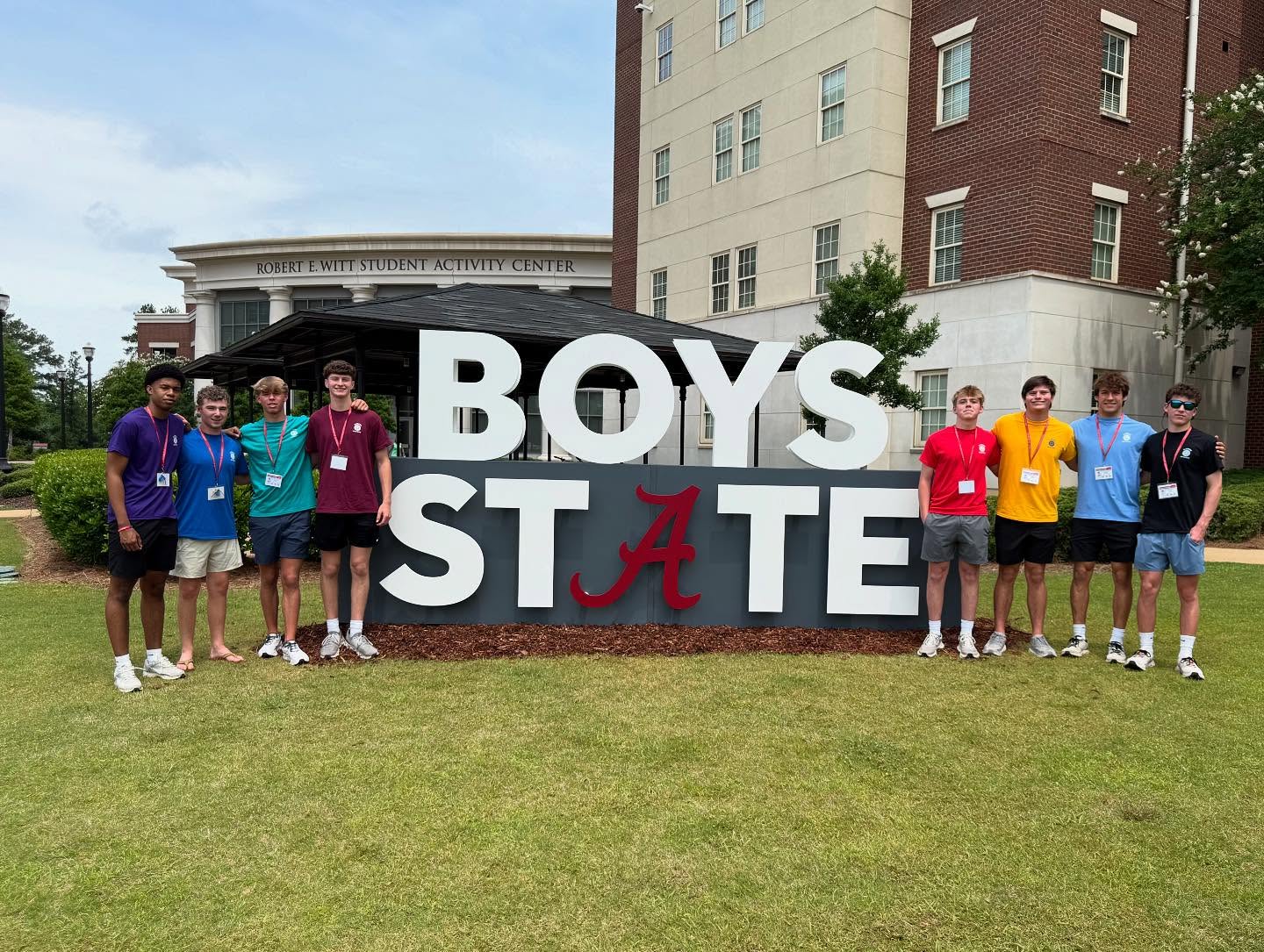(Editorial) SCOTUS takes up tax exemption for Catholic Charities
Published 1:17 pm Wednesday, April 2, 2025
Does the pope keep a detailed time card? That’s a joke, but it’s also a legal argument relevant to a case at the Supreme Court. Under Wisconsin law, the Diocese of Superior is exempt from paying taxes into the state’s unemployment system. Yet the state says this opt out doesn’t cover the diocese’s Catholic Charities nonprofit and its sub-entities.
“Their activities are secular in nature,” the Wisconsin Supreme Court, newly controlled by a 4-3 liberal majority, held last year. They “neither attempt to imbue program participants with the Catholic faith nor supply any religious materials.” The majority therefore ruled that the Catholic Charities arm—whose president, for the record, is the local bishop—is “not operated primarily for religious purposes,” at least under this Wisconsin law.
Hence the U.S. Supreme Court’s argument in Catholic Charities Bureau v. Wisconsin. The nonprofit, represented by the Becket Fund for Religious Liberty, argues that the First Amendment prohibits the state’s “effort to pick and choose among religious groups—and carve out works of mercy from the realm of the ‘religious’ altogether.” The group’s mission is to be “an effective sign of the charity of Christ,” and its expression of that includes providing services to the disabled.
Under Wisconsin law, the tax exemption is available only to outfits “supervised, controlled, or principally supported by a church,” so this isn’t a loophole industrial titans are scheming to claim. Also, Catholic Charities isn’t trying to deny its employees a safety net; it says it simply wants to switch into a church unemployment system created by the bishops.
In its brief, Wisconsin says its test is to ask whether a group “primarily engages in distinctively religious activities like ‘worship services, religious outreach, ceremony, or religious education.’” The state suggests the U.S. Supreme Court has blessed this type of “functional” analysis in its precedents on the “ministerial exception.” We read those cases differently, which brings us to the pope’s time card.
The question in Hosanna-Tabor (2012) was whether a Lutheran school’s right to be free from government meddling meant it couldn’t be sued for discrimination by a former elementary teacher. Her religious duties took only 45 minutes a workday, but when the argument turned to the idea that she wasn’t a minister due to her “important secular functions,” Chief Justice John Roberts jumped into the quarrel at oral argument.
“I’m sorry to interrupt you,” he said, according to the transcript, “but that can’t be the test. The pope is a head of state carrying out secular functions, right? (Laughter.) Those are important. So, he is not a minister?” In the eventual unanimous ruling, the Chief said that who’s a minister can’t be “resolved by a stopwatch.” A later 7-2 case extended the “ministerial exception” to cover a lay teacher at a Catholic school who instructed students in doctrine, despite no longer practicing the religion herself.
What’s at issue Monday isn’t the status of individual employees, but whether the Catholic Charities nonprofit itself is run for “religious purposes,” so the context of the dispute is different. But one thing that Hosanna-Tabor stands for is the difficulty of judicial inquiries that attempt to disentangle, over protests by some faith community, which of their conduct isn’t “primarily” or “distinctively” religious, to use Wisconsin’s terms.
By the way, Wisconsin’s ruling against Catholic Charities was written by state Justice Ann Walsh Bradley, who is retiring. On Tuesday (see nearby) voters will pick her replacement.





